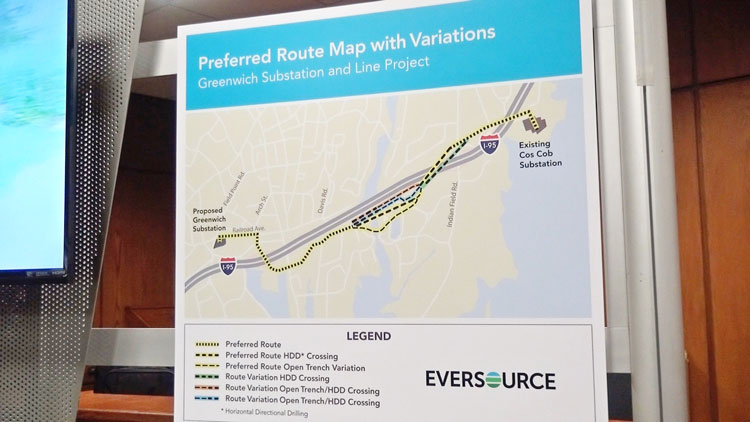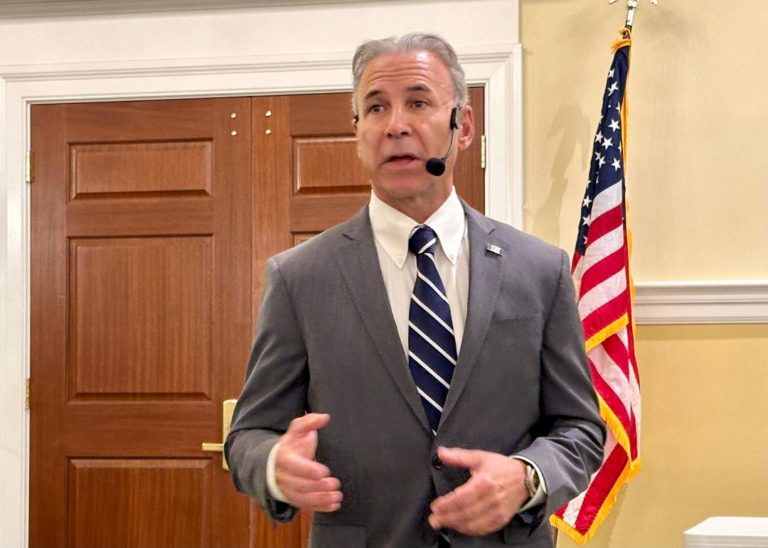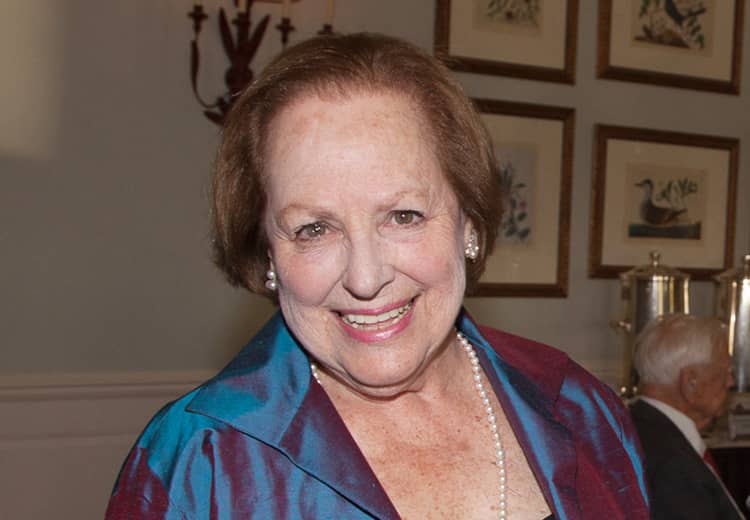

In a decision reached by a 4-2 vote with two abstentions, the Connecticut Siting Council has denied an Eversource Energy application for a new substation at 290 Railroad Avenue and a transmission line route connecting it to the Cos Cob substation.
According to the CSC’s decision and order, “the public need for the Greenwich Substation and Line Project (GSLP) has not been adequately demonstrated.”
Further, the council found there are “detrimental effects associated with the construction of the GSLP preferred route, northern alternative, and southern alternative,” citing effects on forests and parks, air and water purity, and public health.
The proposal called for a new 115-kilovolt bulk substation at 290 Railroad Ave., the current home of Pet Pantry Warehouse, and two 115-kilovolt underground transmission lines along a 2.3-mile route between the Cos Cob substation and the Railroad Avenue location.
“The Siting Council’s decision clearly reaffirms the town’s position that the need and cost of the proposed project could not be justified,” said First Selectman Peter Tesei in a press release. “While there may be issues with service provided by Eversource, it certainly is not necessary to disrupt neighborhoods and town parks to improve service to the Town’s residents.”
Frank Poirot, a spokesman for the Eversource Energy utility company, says while the company is disappointed with the council’s decision, it is encouraged that its members understand the urgent electric reliability needs of Greenwich.
“The importance of this project can’t be overstated when it comes to delivering reliable power to our customers in Greenwich,” Poirot said. “And the timing is crucial. There is a growing and critical need for a new substation here because electric demand is expected to exceed capacity of the existing Cos Cob Substation in the near future. We are working to stay ahead of that demand by proposing the new substation which will have enough capacity to ensure the continued reliable flow of power to customers where it’s most needed for years to come.”
“We’ll look for additional savings as we redesign our proposal,” he added.
The council also found that the preferred route, along with the two accompanying alternatives, will not “serve the interest of electric system economy” and is neither the most cost effective nor the most appropriate alternative based on a life cycle cost analysis of the facility.
The council added that it did not receive adequate information during the course of the proceedings to make an informed decision regarding the public need and nature of the probable environmental impact of the hybrid alternative route.
The first selectman praised Planning and Zoning Director Katie DeLuca for her ongoing efforts concerning the issue.
“Katie and her staff have been indefatigable in their efforts to show that the Eversource project would cause irreparable harm to one of the town’s valuable natural resources – Bruce Park and the nearby coastline,” Tesei said.
The council found the estimated costs, $140 million for the preferred route and southern route, and $155 million for the northern route, “too high for Connecticut ratepayers to bear for a localized issue.” The hybrid alternative, priced at $118 million, would require more information regarding specific project costs and life cycle costs given to the council.
“I am very satisfied with the decision and extremely grateful to the Connecticut Siting Council for their attention to detail and willingness to afford us the opportunity to work in earnest with Eversource to develop an environmentally sensitive, economical and responsible solution,” said DeLuca. “I think we worked tirelessly to question the details of the application, not take things at face value, ask the right questions and force accountability and that hard work has clearly paid off.
“Now of course the real work begins as we embark on the next chapter to meet our energy needs.”




